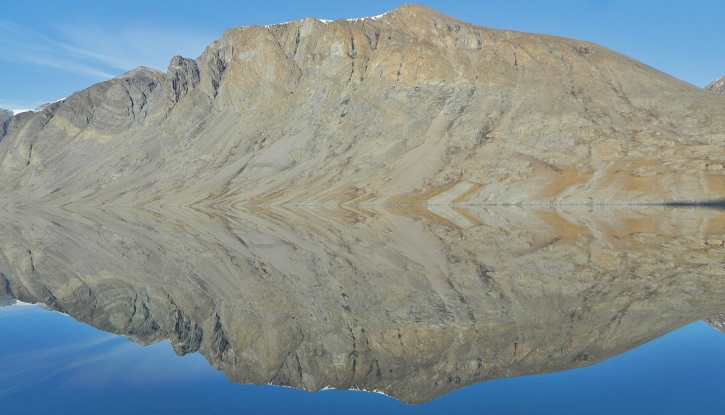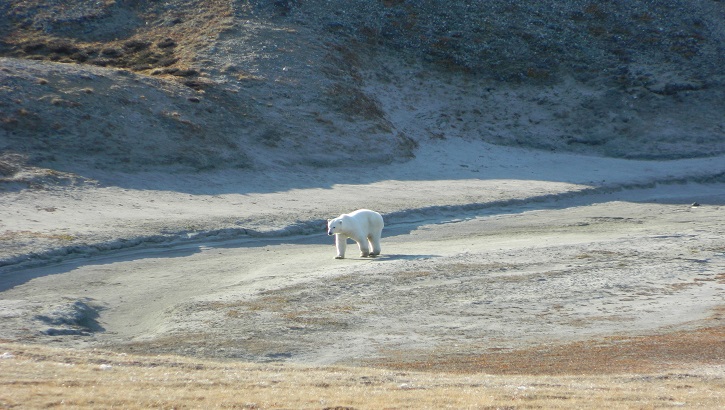A study of the Arctic climate over the last 5,000 years concludes that the highest temperatures occur now

Arctic lakes are ecosystems that are very sensitive to climate change. For this reason, their sediments are used as a reference when studying the evolution of this climate. In addition, the Arctic plays a key role in the climate of the entire planet. Researchers from the University of Barcelona have studied the climate of the last 5,000 years in Aucella Lake, located in the Northeast Greenland National Park, the largest park in the world. The conclusions of the study note that the highest average temperatures in the last millennia have been recorded in the last fifty years, a fact that would demonstrate the global warming caused by human activity, which is also felt more intensely in the Arctic.

Arctic lakes are ecosystems that are very sensitive to climate change. For this reason, their sediments are used as a reference when studying the evolution of this climate. In addition, the Arctic plays a key role in the climate of the entire planet. Researchers from the University of Barcelona have studied the climate of the last 5,000 years in Aucella Lake, located in the Northeast Greenland National Park, the largest park in the world. The conclusions of the study note that the highest average temperatures in the last millennia have been recorded in the last fifty years, a fact that would demonstrate the global warming caused by human activity, which is also felt more intensely in the Arctic.
UB researcher Julia Garcia explains that this study "is the first such complete climate reconstruction that has been carried out in this area with lake sediment data: with very high resolution and with the combination of data from different proxies". UB Geography professor Marc Oliva adds: "The results indicate that current global climate trends are reinforced in the Arctic; this is known as polar (or Arctic) amplification, which consists of global inertias increasing in polar regions".
The results show variations in lake water and air temperature from the mid-Holocene to the present time and how these changes are related to local or regional factors. For example, particularly high temperatures peaked during the so-called Medieval Climate Anomaly. Cooler periods that favoured glacial expansion can also be observed, such as the period known as the Little Ice Age, which occurred between 1300 and 1850 AD. The last fifty years of the Aucella Lake record show a clear warming trend that is unprecedented in the last millennia covered by the study.
This study is framed within the fieldwork the UB research group ANTALP is carrying out in Greenland. The researcher shave been developing fieldwork campaigns for years in projects such as PALEOGREEN and the current NEOARTIC project.
Multimedia gallery

The study involved a physical, chemical and biological study of the sediments of Aucella Lake.

